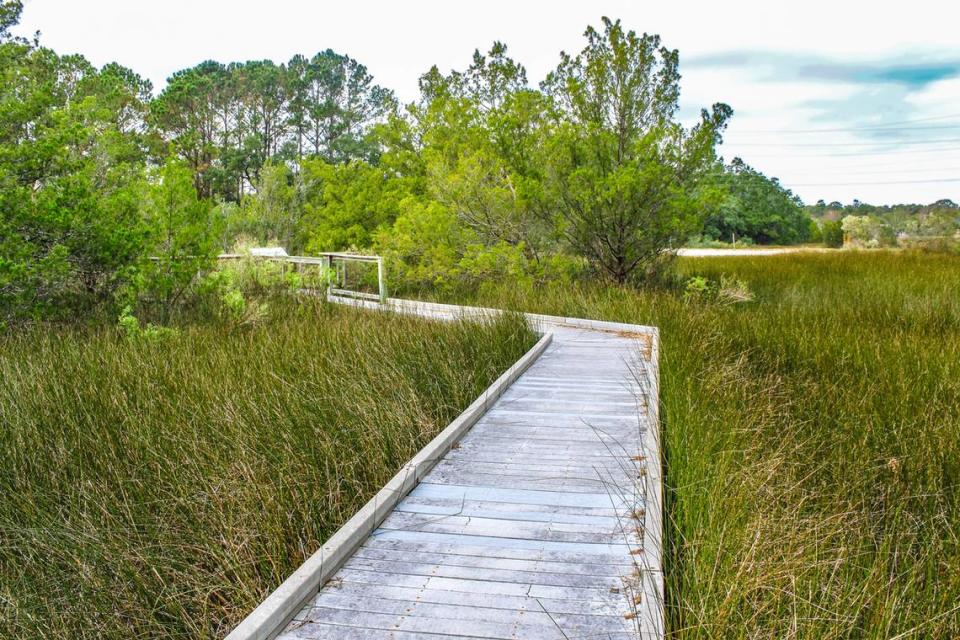Take a day trip to the former plantation home of a Founding Father in Mount Pleasant
The attractions for Lowcountry living are many. The allure of long seasons of sunny warmth are a relief to those who have escaped the snow and ice of other climates. The salty sea breeze teasing the deep green canopies of live oak, or rustling the fanlike leaves of cabbage palms, gives a sense of life and movement to the atmosphere that is enhanced by the musical presence of songbirds.
The Lowcountry is a place of porches and patios, of leisure life and luxury, and there is a place you can visit to understand how some of this came to be.
Charles Pinckney National Historic Site in Mount Pleasant preserves 28 acres of a once-thriving country home and plantation of a historic Lowcountry family. An 1828 farmhouse holds a museum with interpretive exhibits that focus on the natural and social history of the Lowcountry. Nature trails and outdoor features provide access to the landscape and the observation of wildlife — and all nearly within sight of the busy city of Charleston.
“Snee Farm” was established as a country house by Charleston lawyer Charles Pinckney, who received the property in 1754 as a fee for legal services. His son, also named Charles Pinckney, would inherit the property after his father’s death in 1782.
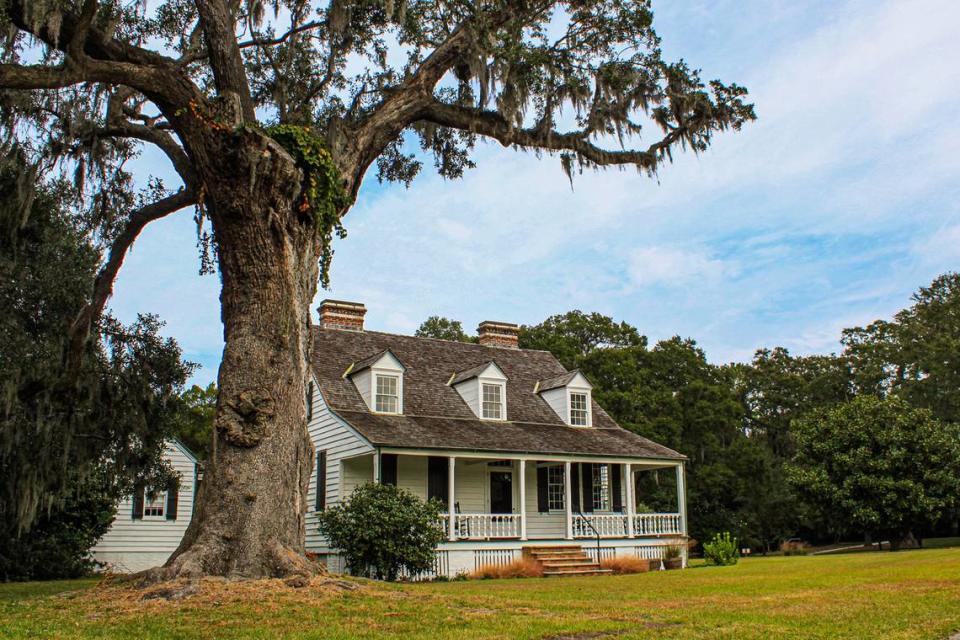
The younger Charles would serve as a member of the Continental Congress, as a signer of the U.S. Constitution, and later would serve as governor of South Carolina.
Under Charles Pinckney’s ownership, the simple farm would grow to a full-sized plantation. Cotton, indigo and other cash crops would be grown there. Snee Farm was sold in 1817 to pay some of Charles’ debts, and the property would change hands several times until the late 20th century.
In 1966, the site was designated a National Historic Landmark, and in the 1980’s it was saved from development by the The Friends of Snee Farm. Today, the historic property is known as the Charles Pinckney National Historic Site, a unit of the National Park Service.
When you visit, you will experience the history and natural beauty of this oasis in the middle of modern development. You can enjoy a rocking-chair rest on the wide porch of the 1828 farmhouse, built on the site of the original Pinckney home. Inside, informative exhibits will guide you though the storied history of the home, the Lowcountry, and the families who have owned the property over the centuries.
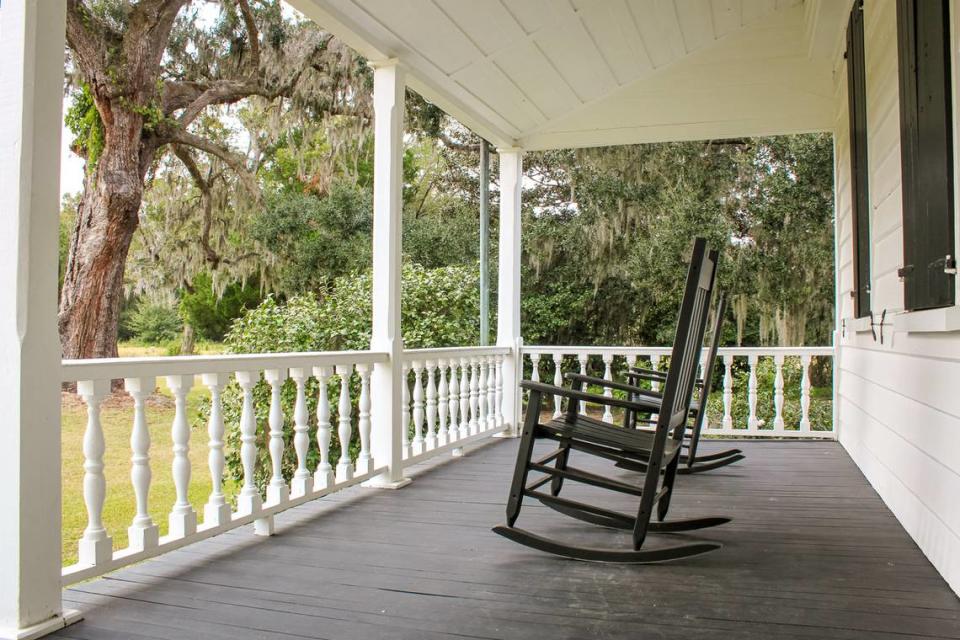
All of the luxury and leisure envisioned in the life of Snee Farm is offset by the hard work and labor of those who tilled the soil and gave their lives to make it so. Exhibits detailing the lives of generations of enslaved people whose sweat and blood made possible not only life on the farm, but the economy of a nation, reveal the reality of that system.
You can enjoy a walk along a nature trail shaded by live oaks as you explore the grounds, and a marsh boardwalk takes you out over a tidal creek where schooners and flatboats would tie up to take cotton and other goods to market.
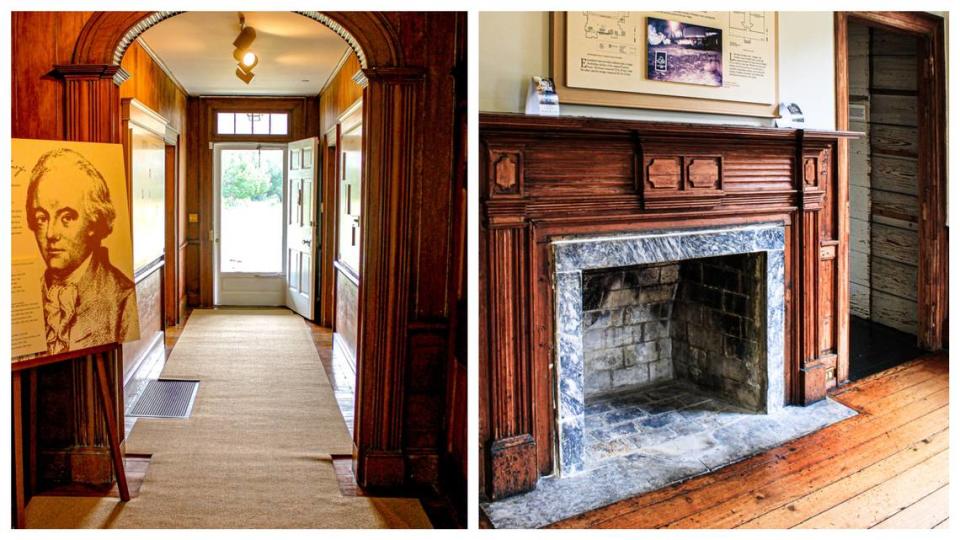
Charles Pinckney National Historic Site offers programs and workshops to immerse you in the history, environment and archaeology of the farm. For students and groups, it is an excellent outdoor classroom for Park Service programs, and the Junior Ranger program is an exciting way for young people to become involved in the preservation and enjoyment of history and the natural world.
My family and I recently visited the historic site and enjoyed several hours of indoor and outdoor enjoyment. The site is pet-friendly, so our 10-year-old beagle enjoyed the sights and smells of a new place as we happily explored the farm. It is a great location for a picnic or to get involved locally.
A day or a morning at Snee Farm will be time well-spent and enjoyable for visitors of all ages and abilities.
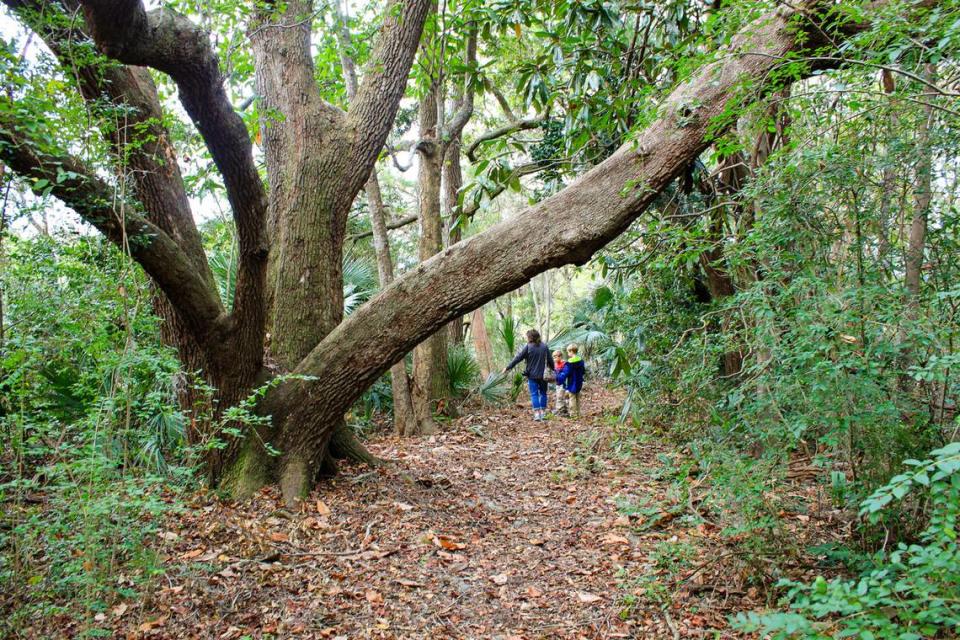
Getting there
Charles Pinckney National Historic Site is located at 1254 Long Point Road In Mount Pleasant. The site is only an hour and a half from the Beaufort, and being managed by the National Park Services, has excellent facilities and access. Charles Pinckney National Historic Site is pet-friendly, and so your four-legged family members can accompany you provided they are on a leash.
The park grounds are open from 9 a.m. to 5 p.m. Wednesday through Sunday. The historic home has been closed since January but will be open from Friday through Sunday starting May 3.
The cost to visit is free.
To plan your visit or inquire about programs and other offerings, go to https://www.nps.gov/chpi/index.htm or call 843-881-5516 for more information.
